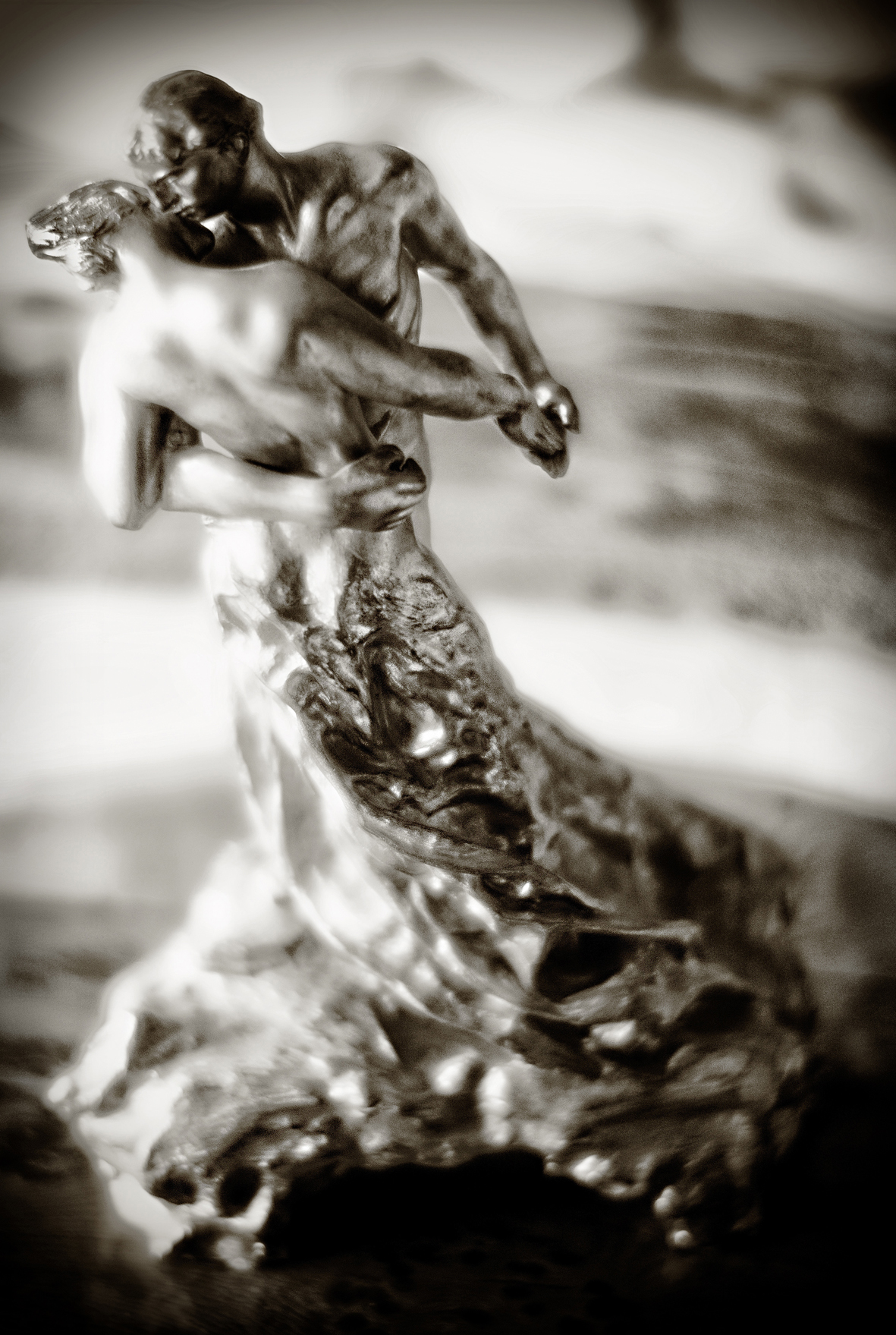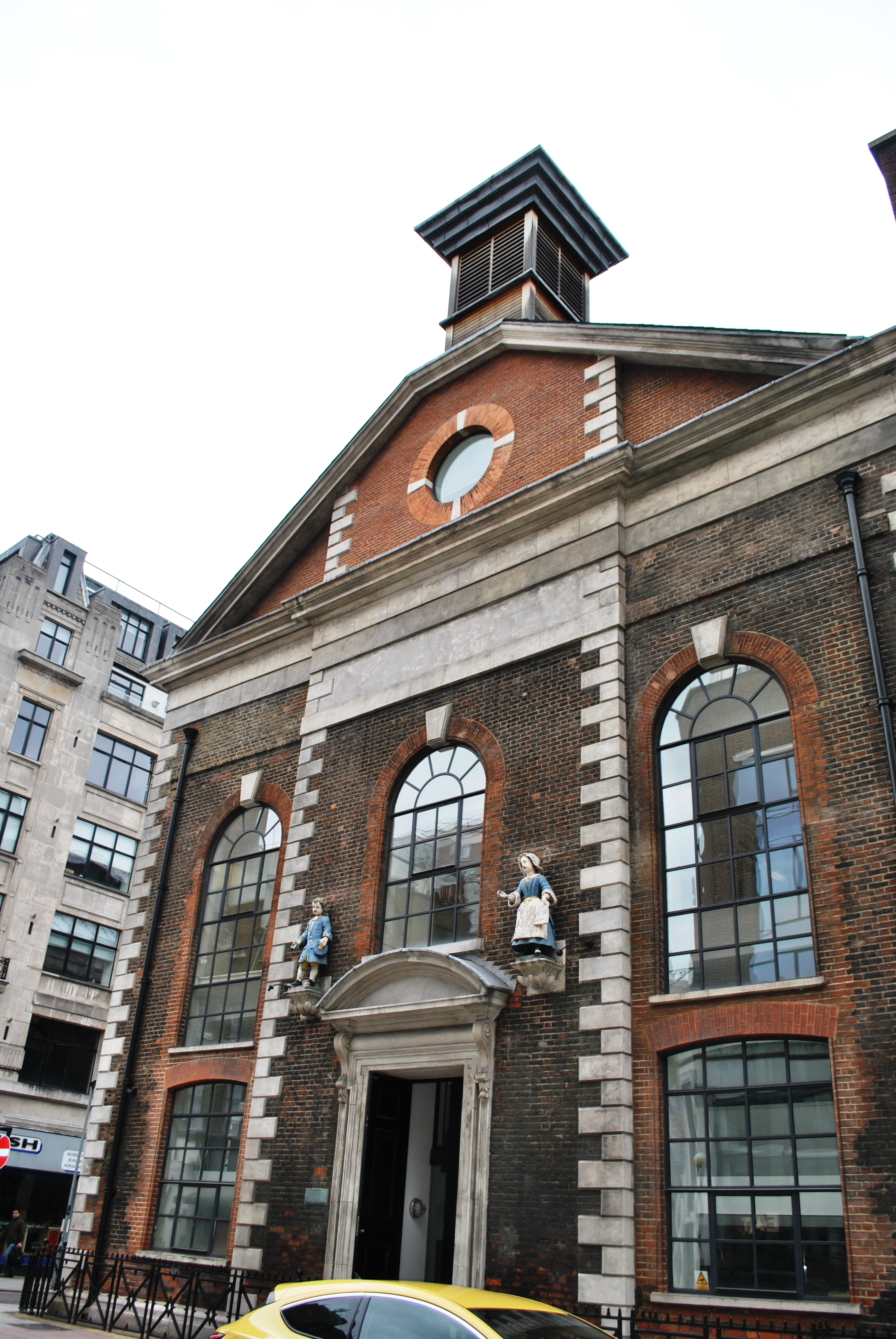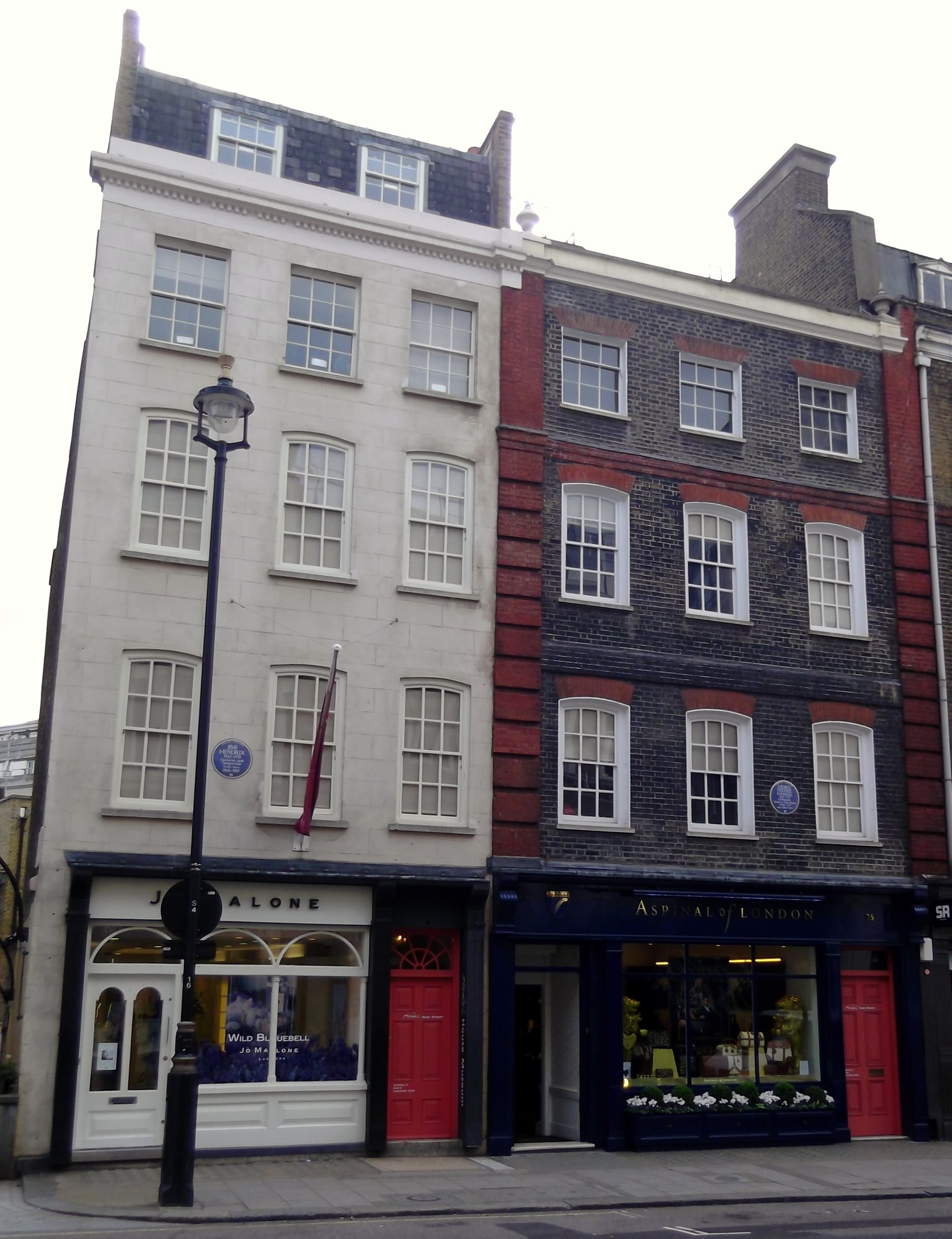|
Gustavus Waltz
Gustavus Waltz ( fl. 1732–1759) was a German bass opera singer. Basing himself in England from 1732, he collaborated with Handel from 1733 when he appeared in ''La Semiramide riconosciuta'', an opera pasticcio. Like Handel, Waltz took British nationality.. Waltz created roles in the oratorio ''Athalia'' (1733); and in the operas '' Arianna in Creta'' (1734), ''Ariodante'' (1735), ''Alcina'' (1735), and ''Atalanta'' (1736). As well as being a soloist, he sang in the chorus (for the last time in a 1754 performance of ''Messiah'' at the Foundling Hospital). He also taught singing: his students included Isabella Young. Waltz as a cook Some sources state that in addition to his musical activities, he worked for Handel as a cook, perhaps before gaining recognition as a singer. |
WALTZ Gustavus
The waltz ( ), meaning "to roll or revolve") is a ballroom and folk dance, normally in triple ( time), performed primarily in closed position. History There are many references to a sliding or gliding dance that would evolve into the waltz that date from 16th-century Europe, including the representations of the printmaker Hans Sebald Beham. The French philosopher Michel de Montaigne wrote of a dance he saw in 1580 in Augsburg, where the dancers held each other so closely that their faces touched. Kunz Haas (of approximately the same period) wrote, "Now they are dancing the godless ''Weller'' or ''Spinner''."Nettl, Paul. "Birth of the Waltz." In ''Dance Index'' vol 5, no. 9. 1946 New York: Dance Index-Ballet Caravan, Inc. pages 208, 211 "The vigorous peasant dancer, following an instinctive knowledge of the weight of fall, uses his surplus energy to press all his strength into the proper beat of the bar, thus intensifying his personal enjoyment in dancing." Around 1750, the ... [...More Info...] [...Related Items...] OR: [Wikipedia] [Google] [Baidu] |
Foundling Hospital
The Foundling Hospital in London, England, was founded in 1739 by the philanthropic sea captain Thomas Coram. It was a children's home established for the "education and maintenance of exposed and deserted young children." The word "hospital" was used in a more general sense than it is in the 21st century, simply indicating the institution's "hospitality" to those less fortunate. Nevertheless, one of the top priorities of the committee at the Foundling Hospital was children's health, as they combated smallpox, fevers, consumption, dysentery and even infections from everyday activities like teething that drove up mortality rates and risked epidemics. With their energies focused on maintaining a disinfected environment, providing simple clothing and fare, the committee paid less attention to and spent less on developing children's education. As a result, financial problems would hound the institution for years to come, despite the growing "fashionableness" of charities like the hos ... [...More Info...] [...Related Items...] OR: [Wikipedia] [Google] [Baidu] |
German Expatriates In England
German(s) may refer to: * Germany (of or related to) ** Germania (historical use) * Germans, citizens of Germany, people of German ancestry, or native speakers of the German language ** For citizens of Germany, see also German nationality law **Germanic peoples (Roman times) * German language **any of the Germanic languages * German cuisine, traditional foods of Germany People * German (given name) * German (surname) * Germán, a Spanish name Places * German (parish), Isle of Man * German, Albania, or Gërmej * German, Bulgaria * German, Iran * German, North Macedonia * German, New York, U.S. * Agios Germanos, Greece Other uses * German (mythology), a South Slavic mythological being * Germans (band), a Canadian rock band * "German" (song), a 2019 song by No Money Enterprise * ''The German'', a 2008 short film * "The Germans", an episode of ''Fawlty Towers'' * ''The German'', a nickname for Congolese rebel André Kisase Ngandu See also * Germanic (other) * ... [...More Info...] [...Related Items...] OR: [Wikipedia] [Google] [Baidu] |
1759 Deaths
In Great Britain, this year was known as the ''Annus Mirabilis'', because of British victories in the Seven Years' War. Events January–March * January 6 – George Washington marries Martha Dandridge Custis. * January 11 – In Philadelphia, the first American life insurance company is incorporated. * January 13 – Távora affair: The Távora family is executed, following accusations of the attempted regicide of Joseph I of Portugal. * January 15 – **Voltaire's satire ''Candide'' is published simultaneously in five countries. ** The British Museum opens at Montagu House in London (after six years of development). * January 27 – Battle of Río Bueno: Spanish forces, led by Juan Antonio Garretón, defeat indigenous Huilliches of southern Chile. * February 12 – Ali II ibn Hussein becomes the new Ruler of Tunisia upon the death of his brother, Muhammad I ar-Rashid. Ali reigns for 23 years until his death in 1782. * February 16 – ... [...More Info...] [...Related Items...] OR: [Wikipedia] [Google] [Baidu] |
Counterpoint
In music, counterpoint is the relationship between two or more musical lines (or voices) which are harmonically interdependent yet independent in rhythm and melodic contour. It has been most commonly identified in the European classical tradition, strongly developing during the Renaissance and in much of the common practice period, especially in the Baroque period. The term originates from the Latin ''punctus contra punctum'' meaning "point against point", i.e. "note against note". In Western pedagogy, counterpoint is taught through a system of species (see below). There are several different forms of counterpoint, including imitative counterpoint and free counterpoint. Imitative counterpoint involves the repetition of a main melodic idea across different vocal parts, with or without variation. Compositions written in free counterpoint often incorporate non-traditional harmonies and chords, chromaticism and dissonance. General principles The term "counterpoint" has been us ... [...More Info...] [...Related Items...] OR: [Wikipedia] [Google] [Baidu] |
Charles Burney
Charles Burney (7 April 1726 – 12 April 1814) was an English music historian, composer and musician. He was the father of the writers Frances Burney and Sarah Burney, of the explorer James Burney, and of Charles Burney, a classicist and book donor to the British Museum. He was a close friend and supporter of Joseph Haydn. Early life and career Charles Burney was born at Raven Street, Shrewsbury, the fourth of six children of James Macburney (1678–1749), a musician, dancer and portrait painter, and his second wife Ann (''née'' Cooper, c. 1690–1775). In childhood he and a brother Richard (1723–1792) were for unknown reasons sent to the care of a "Nurse Ball" at nearby Condover, where they lived until 1739. He began formal education at Shrewsbury School in 1737 and was later sent in 1739 to The King's School, Chester, where his father then lived and worked. His first music master was a Mr Baker, the cathedral organist, and a pupil of Dr John Blow. Returning to Sh ... [...More Info...] [...Related Items...] OR: [Wikipedia] [Google] [Baidu] |
Christoph Willibald Gluck
Christoph Willibald (Ritter von) Gluck (; 2 July 1714 – 15 November 1787) was a composer of Italian and French opera in the early classical period. Born in the Upper Palatinate and raised in Bohemia, both part of the Holy Roman Empire, he gained prominence at the Habsburg court at Vienna. There he brought about the practical reform of opera's dramaturgical practices for which many intellectuals had been campaigning. With a series of radical new works in the 1760s, among them '' Orfeo ed Euridice'' and '' Alceste'', he broke the stranglehold that Metastasian '' opera seria'' had enjoyed for much of the century. Gluck introduced more drama by using orchestral recitative and cutting the usually long da capo aria. His later operas have half the length of a typical baroque opera. Future composers like Mozart, Schubert, Berlioz and Wagner revered Gluck very highly. The strong influence of French opera encouraged Gluck to move to Paris in November 1773. Fusing the traditions ... [...More Info...] [...Related Items...] OR: [Wikipedia] [Google] [Baidu] |
Handel & Hendrix In London
Handel & Hendrix in London (previously Handel House Museum) is a museum in Mayfair, London, dedicated to the lives and works of the German-born British baroque composer George Frideric Handel and the American rock singer-guitarist Jimi Hendrix, who lived at 25 and 23 Brook Street respectively. Handel made his home in London in 1712 and eventually became a British citizen in 1727. Handel was the first occupant of 25 Brook Street, which he rented from 1723 until his death there in 1759. Almost all his works after 1723, amongst them many of his best-known operas, oratorios and ceremonial music, were composed and partially rehearsed in the house, which contained a variety of keyboard instruments, including harpsichords, a clavichord and a small chamber organ. The museum was opened in 2001 by the Handel House Trust as the result of an initiative of the musicologist and Handelian Stanley Sadie in 1959. It comprises a carefully restored set of period rooms on the first and second fl ... [...More Info...] [...Related Items...] OR: [Wikipedia] [Google] [Baidu] |
Music & Letters
''Music & Letters'' is an academic journal published quarterly by Oxford University Press with a focus on musicology. The journal sponsors the Music & Letters Trust, twice-yearly cash awards of variable amounts to support research in the music field. A. H. Fox Strangways established the journal in 1920 and served as editor-in-chief until 1937. Eric Blom served as editor from 1937 to 1950 and again from 1954 to 1959. Other editors-in-chief have included Richard Capell, J.A. Westrup, Denis Arnold, Edward Olleson, Nigel Fortune, John Whenham John Whenham is an English musicologist and academic who specializes in early Italian baroque music. He earned both a Bachelor of Music and a Master of Music from the University of Nottingham, and a Doctor of Philosophy from the University of Oxfor ..., and Tim Carter. References External links * {{DEFAULTSORT:Music and Letters Music journals Oxford University Press academic journals Publications established in 1920 ... [...More Info...] [...Related Items...] OR: [Wikipedia] [Google] [Baidu] |
Joseph Goupy, 1754 - GFHandel
Joseph is a common male given name, derived from the Hebrew Yosef (יוֹסֵף). "Joseph" is used, along with "Josef", mostly in English, French and partially German languages. This spelling is also found as a variant in the languages of the modern-day Nordic countries. In Portuguese and Spanish, the name is "José". In Arabic, including in the Quran, the name is spelled ''Yūsuf''. In Persian, the name is "Yousef". The name has enjoyed significant popularity in its many forms in numerous countries, and ''Joseph'' was one of the two names, along with ''Robert'', to have remained in the top 10 boys' names list in the US from 1925 to 1972. It is especially common in contemporary Israel, as either "Yossi" or "Yossef", and in Italy, where the name "Giuseppe" was the most common male name in the 20th century. In the first century CE, Joseph was the second most popular male name for Palestine Jews. In the Book of Genesis Joseph is Jacob's eleventh son and Rachel's first son, and kn ... [...More Info...] [...Related Items...] OR: [Wikipedia] [Google] [Baidu] |






